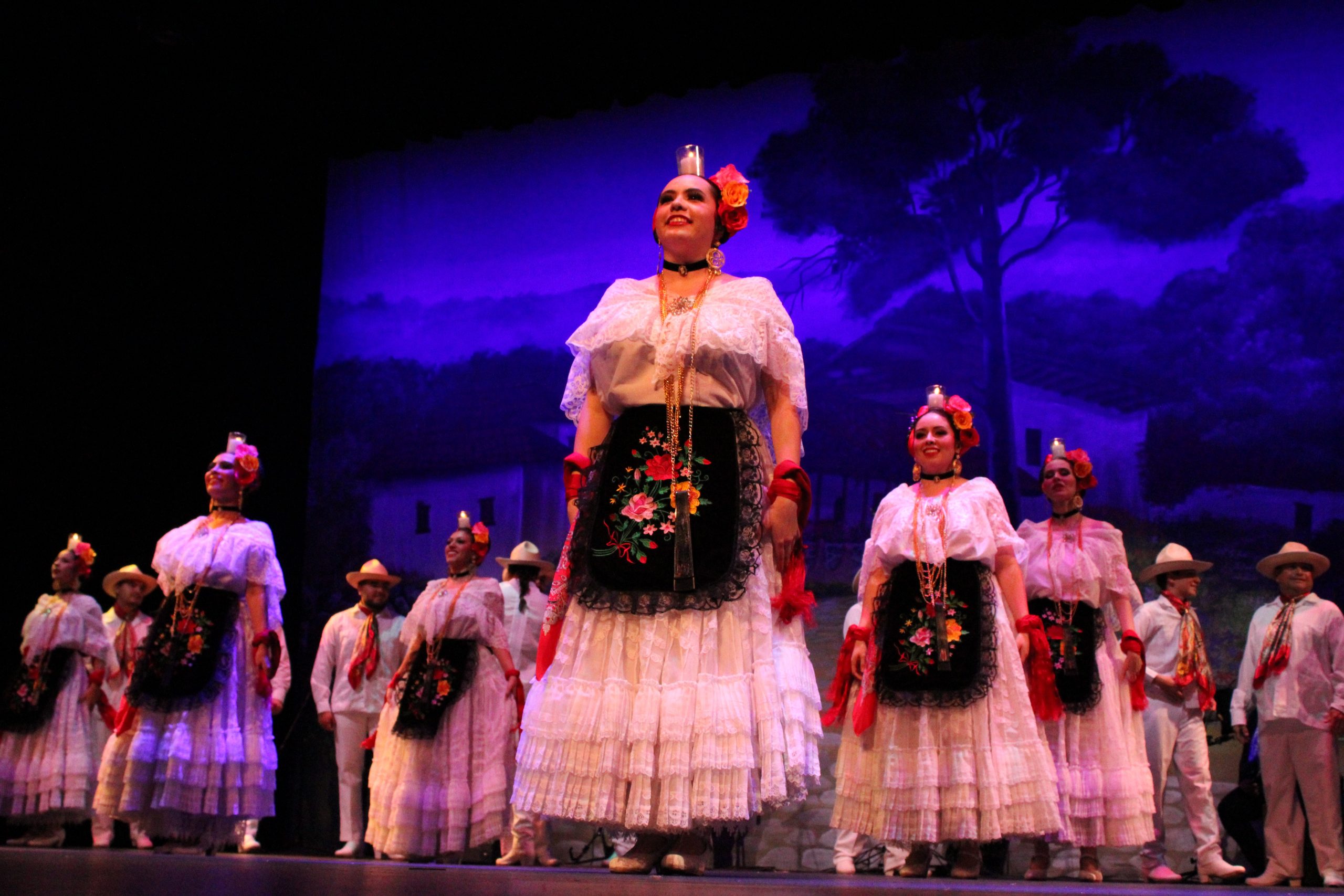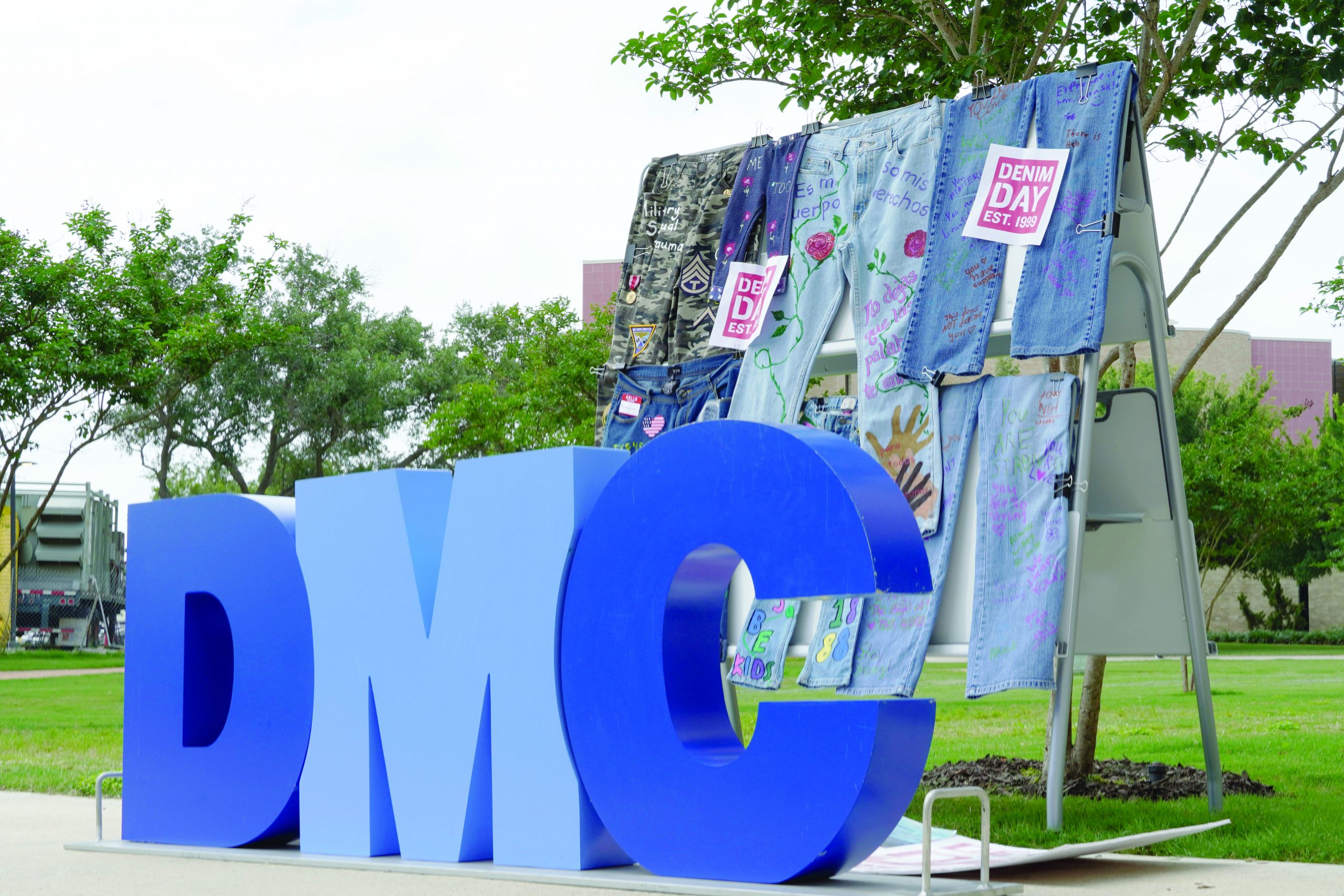
Brittni Young / Web Editor
Technology has advanced its way into entertaining individuals, but some of the classic forms of entertainment still remain popular in culture. Trade card gaming or collectible card games have remained a favorable and popular entertainment among many worldwide.
Trade card games involve collecting playing cards to use for strategic game play. Magic: The Gathering is one of the earliest card games that set the popular trend for the trade card gaming world since 1993. Magic The Gathering is a strategy game that allows players who play as a planeswalker, a powerful wizard, to build their own deck according to their personal preference to defeat other players. According to The Wizards of the Coast, a player’s deck of cards represents their weapons and contains the spells and creatures summoned to fight for the player.
There are several sets of cards out there for a player to begin their own deck. The game consists of five mana colors: white, blue, black, red and green. These colors play an important role in the player’s strategy to stay alive and win the game.
The Wizards of the Coast has described the five mana colors. White spell casters use superior tactics, efficient creatures, and the power of righteousness against their foes. Blue mages focus on using superior knowledge to gain control of a battle, and slowly gain the upper hand. Black sorcerers are willing to do whatever it takes to win a battle, even if it means sacrificing everything to do so. Red conjurers try to win as quickly and dramatically as possible, smashing and burning their way to a quick victory. Green shamans win duels through brute force of Mother Nature, summoning giant creatures to squash their enemies.
“Trading card games are games of progression; you start on one game then you usually progress to other games you find interesting or better than the games you originally played,” said Arthur Reyes computer science major at Del Mar College. Arthur Reyes has been playing several trade card games since 1993.
He first began playing the popular Pokemon trading card game venturing on to other trading card games such as Magic: The Gathering and Yu-Gi-Oh. “The game can go anywhere from 10 to 20 minutes to three to four hours, sometimes depending on the caliber of players,” Reyes said. Reyes plays between classes downstairs in the Harvin Center with his friends or on the weekends at the local Gamers Den.
The Gamers Den has been in business for nine years offering a place for the players of Corpus Christi to come together and place their skills to the test in tournaments hosted by the Den.
Sales associate of The Gamers Den, Niel Camponov, said he sees the most varied people coming into the Den to play or shop.
The Magic Gathering tournaments are hosted on Fridays and Yu-Gi-Oh on Saturdays. The tournaments are open to anyone with only a five dollar entry fee. The winner takes home a sealed product or booster pack of the tournament they are playing. The Den also hosts pre released and released tournaments for new expansion packs.
Gamers Den is also a place many gamers come to build their deck. The shop sells Magic and Yu-Gi-Oh trading cards, along with tabletop games such as Warhammer, Dungeons and Dragons, and Wargamer. Del Mar student James Reyes visits the Gamers Den to build his Magic The Gathering deck which he named the “White Life Game.”
“The more life you have the harder it is to kill you. I try to gain as much life as possible by the end of the game,” Reyes said. Reyes has spent more than $300 on building a nearly indestructible deck.
Del Mar History major Evan Platt’s deck looks to do the opposite, destined to be the last player standing. Known as a “burn deck,” Platt focuses on sapping life from the other players through several combinations.
“It’s a competitive game that does not require you to be athletic,” Camponov said.
While friends such as Platt and Reyes play for fun, there are other players who are playing to compete in pro tour competitions. Professional Magic players travel across the world to eliminate each other in attempt to take home the grand prize of $230,000. There is normally three stops on the tour and each hold a cash money grand prize. The locations for the 2012 Pro Tour are in Honolulu, Hawaii, Barcelona, Spain and Seattle, Washington.




